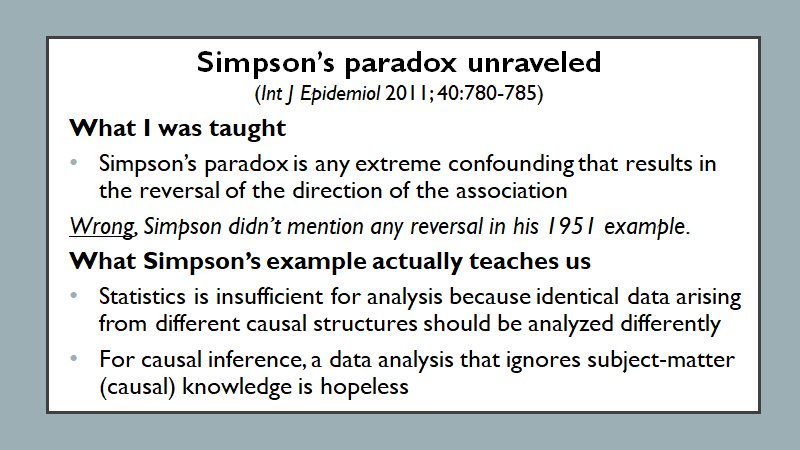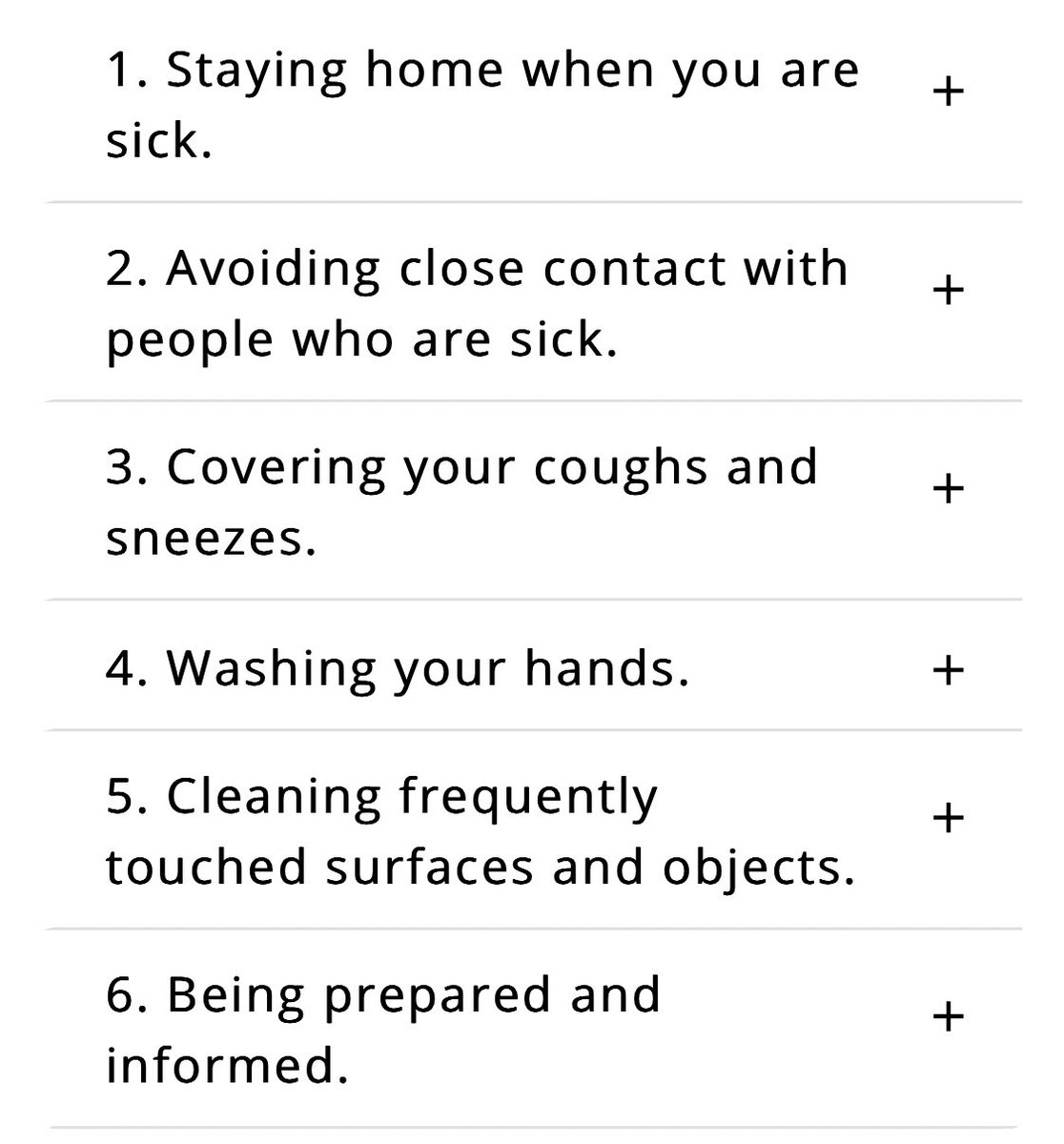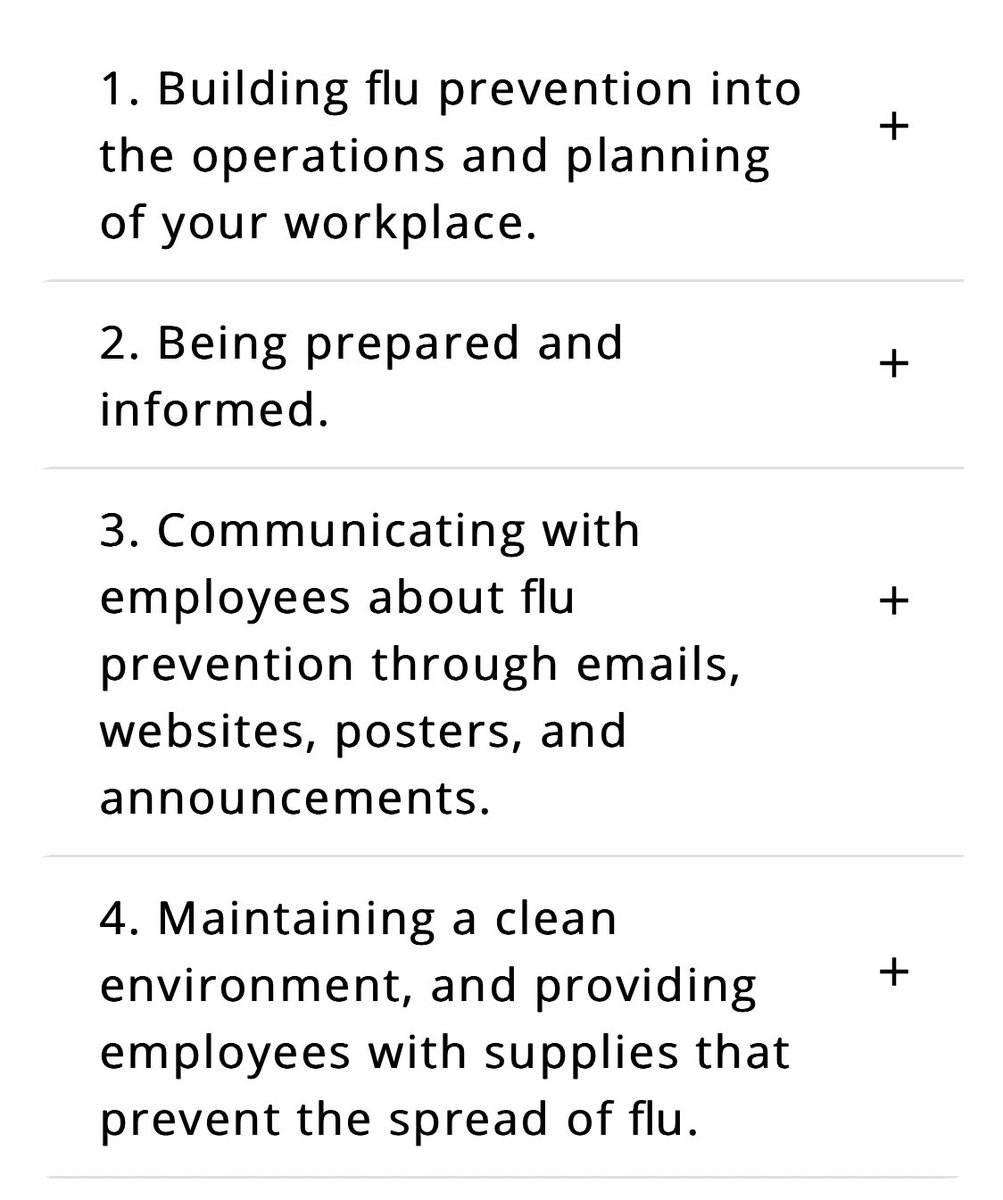Soon more hundreds of millions will be confined to their homes. Huge personal sacrifices. Staggering economic losses.
Ok, we accept the price for the common good. But how does this end? Here are some strategies:
If a sufficiently high % of the population is vaccinated and becomes somewhat immune, this “herd immunity” lowers the probability of transmission to a susceptible person until the epidemic dies out.
Ideal but unlikely to happen soon enough.
This brings back the scenario that lockdowns are trying to avoid: millions of people dying without adequate medical attention in overrun health systems.
A no-no.
If this strategy fails, a second lockdown is needed. We enter a cycle of lockdowns until a sufficiently high % of people becomes infected.
Not economically and socially sustainable.
The lockdown is lifted ONLY for households whose members are all healthy individuals under 50 years of age. Large gatherings and travel are encouraged, handshakes and kisses return, schools/universities and businesses reopen with the available staff….
Households with older people remain confined without contact with friends and family. Children in those places may move in with family members so they don't miss school...
Lots of details to be worked out, sure, but a sound #stratifiedlockdown wouldn't collapse health systems. Each country would establish the threshold age based on its national capability.
Also, even going through a complete lockdown is tough, there's a bright side if a #stratifiedlockdown follows:
Most of us will be proud to cooperate with a #stratifiedlockdown: people outside will do their part by getting infected and people inside by not getting infected.
A stratified lockdown is likely more sustainable. The societal and economic costs of a stratified lockdown seem lower than alternatives.
Modelers, model it please.
Two serious concerns are
1. Practical implementation
2. Scientific uncertainty regarding
a. immunity to #COVID19 #coronavirus
b. disease severity in younger people
Let's take each at a time.
If we start planning now, societies will be more ready to understand/adhere when their participation is needed.
Possible but unlikely.
Evidence suggests that immunity for the 4 endemic coronaviruses (which are a cause common cold) is longer than for flu, and that re-infection results in milder disease.
A #stratifiedlockdown wouldn't work if hospitalizations among still susceptible younger individuals collapse health systems again (or if many get lung damage or die).
Current data suggest this wouldn't be the case, but need more data.
Regardless, it isn't too early to start preparing societies in lockdown for the next step. Before personal and economic costs of extreme social distancing become unacceptable.








